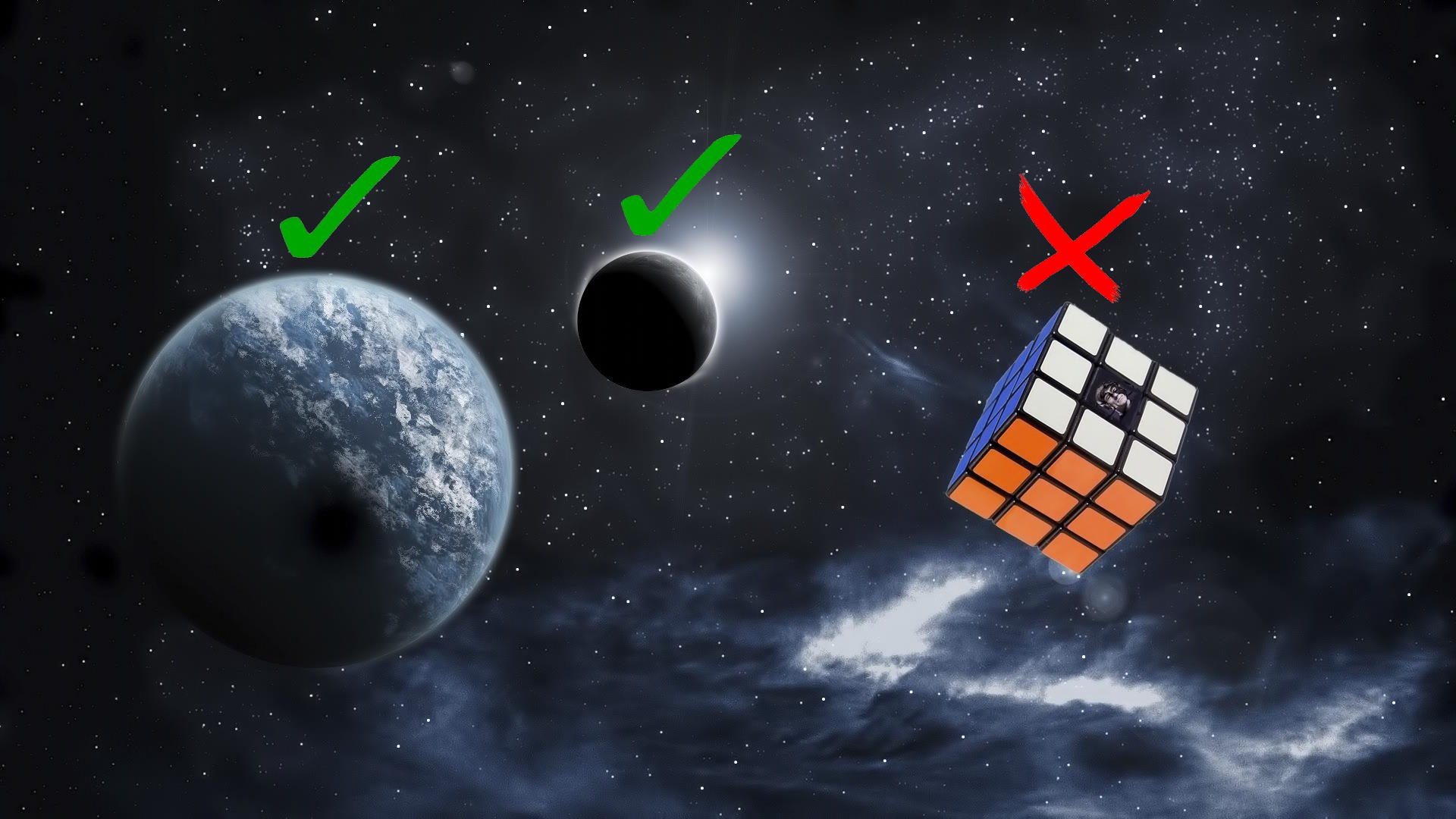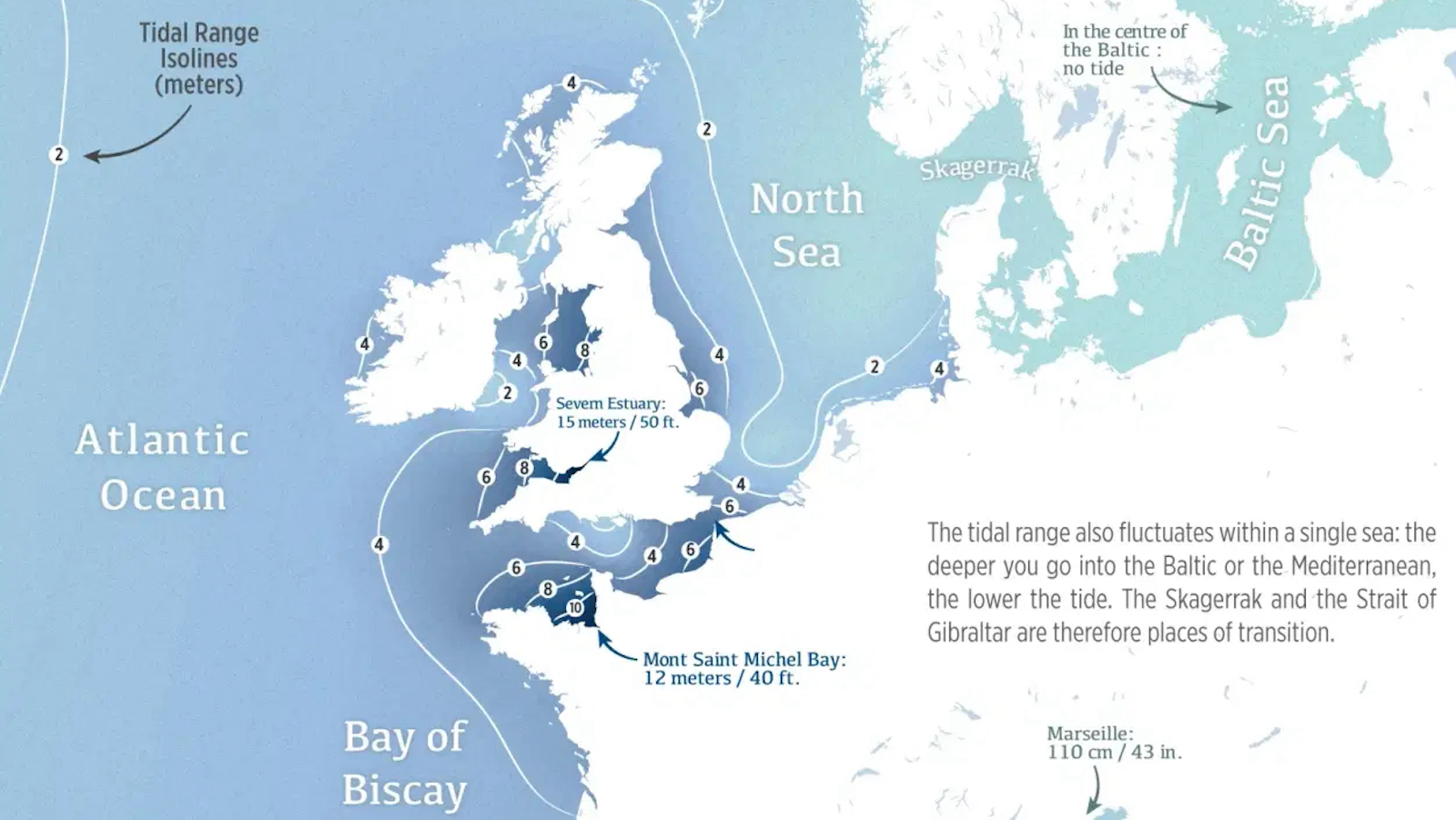More on Okmok
Sorry about the brevity of this update, but I’m exhausted.
From the Alaska Volcano Observatory (AVO):
At this time, based on AVO analysis of satellite data, ash is
continuing to erupt from a composite cinder and spatter cone called
Cone D in the eastern portion of the 6-mile wide caldera or crater of
Okmok. It appears that the eruption is very water-rich due to
interaction of rising magma with very shallow groundwater and
surficial water inside the caldera. We have few direct observations
into the caldera and details of the current event remain unknown.
The current activity differs in character from the past three
significant eruptions at Okmok in 1945, 1958, and 1997. All of these
eruptions occurred at a cinder and spatter cone on the far western
portion of the caldera floor, Cone A. In general, each eruption was
mildly to moderately explosive with most ash clouds produced rising
less than 30,000 ft above sea level. Each eruption also produced a
lava flow that traveled about 5 miles across the caldera floor.
Based on past eruptions at Okmok and our analysis of the current
episode of activity, we would expect this event to continue for
several weeks and possibly longer. The position of the vent in the
eastern caldera adjacent to a shallow lake suggests that water will
continue to play a role in increasing the explosivity of the eruption
resulting in significant ash and steam production. If the eruption
follows patterns of previous Okmok events, lava will eventually reach
the surface to form lava fountains, spatter accumulations, and
possibly a lava flow. It is also possible that explosivity could
intensify at any time.
Sounds like a good one underway!




